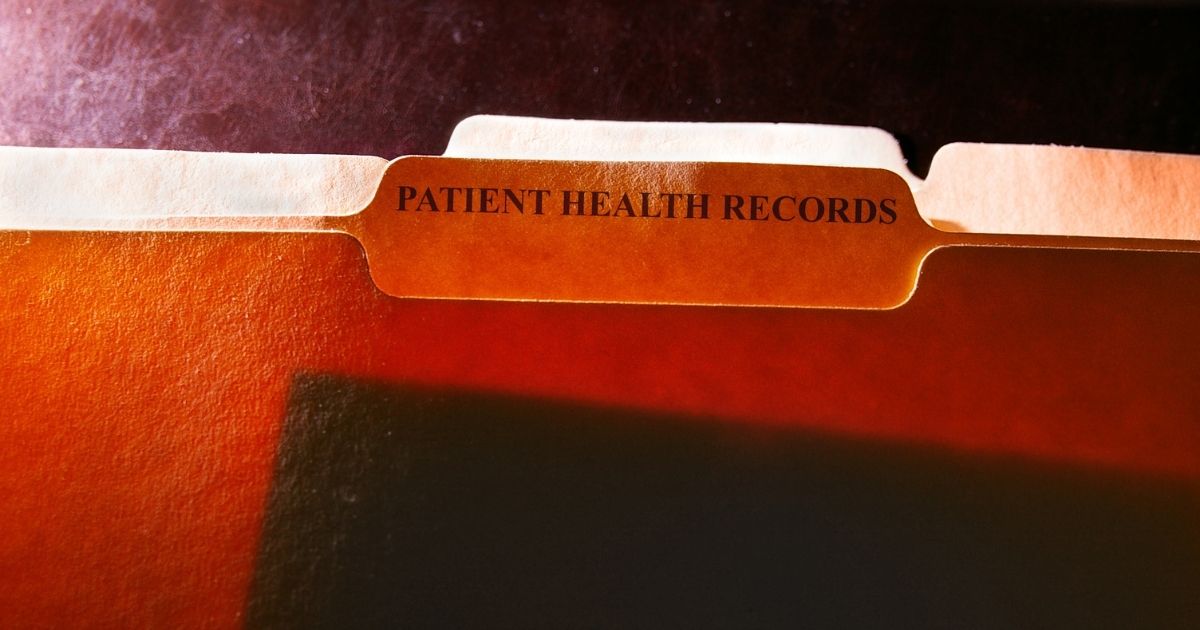Medical records can become part of the divorce process in certain situations, typically to support claims related to spousal support, child custody, or division of marital assets. Although medical privacy laws are restrictive, there are circumstances in which a court may allow records to be subpoenaed.
Medical records are protected under federal privacy laws, including the Health Insurance Portability and Accountability Act (HIPAA). Before deciding whether to grant the request, the judge must first determine whether the information is relevant to divorce proceedings and whether the need for the information outweighs your right to privacy.
Why Are Medical Records Relevant in Divorce Proceedings?
Medical records may be relevant if one spouse’s physical or mental health is directly tied to divorce-related issues, such as a chronic illness or disability affecting requests for spousal support. In high-conflict cases, one spouse might claim the other is mentally unfit to care for children or handle financial responsibilities, and medical documentation can be used to support or challenge those claims.
Do I Have Any Say in Whether My Medical Records Are Disclosed?
If your spouse subpoenas your medical records, you will be notified and provided an opportunity to challenge or object to the request. Before making a final decision, the court will consider your concerns. In some cases, the judge may review the records privately before deciding if any parts should be disclosed publicly in the courtroom.
What if the Court Orders Me to Turn Over Medical Records?
If the court orders you to release certain medical records, you must comply. Failing to comply with a court order could result in legal penalties, including sanctions or a negative inference in the case. However, the order will likely be limited in scope. Judges are careful to request only what is truly relevant to the issue at hand.
Can the Court Protect My Privacy?
Courts understand that medical records contain sensitive information. If the records are allowed into the case, the judge may limit who can view them and how they can be used. A protective order may be issued to prevent the records from being shared outside of the case or used for any improper purpose. If you believe your spouse is requesting records out of spite or solely to embarrass you, your lawyer can raise those concerns and ask the court to deny or restrict the request.
Flemington Divorce Lawyers at Tune Law Group, LLC Protect Clients’ Rights During Divorce Proceedings
Medical records may be a factor in child custody, alimony, or asset division during divorce. If your former spouse is requesting medical records, protect your rights with our skilled Flemington divorce lawyers at Tune Law Group, LLC. Call us today at 908-434-1061 or fill out our online form for a free consultation. Located in Whitehouse Station, New Jersey, we proudly serve clients in and around Hunterdon County, Monmouth County, Whitehouse, and Tewksbury.

